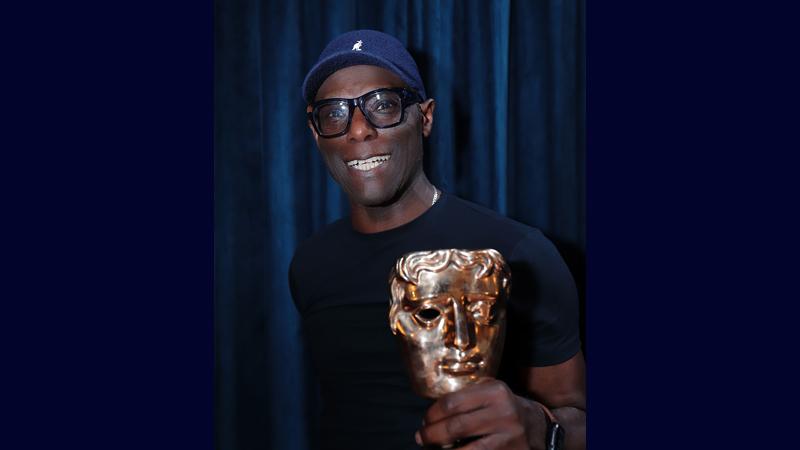University of Westminster Senior Lecturer and researcher Dr Mykaell Riley contributed to the BBC show Uprising which has won the Virgin Media BAFTA TV Awards 2022 in the Factual Series category.

Uprising is a 2021 documentary directed by Steve McQueen. The BBC series consists of three episodes and covers three major UK events from 1981. These include the New Cross house fire which killed 13 young Black people; the Black People’s Day of Action, a great demonstration to shed a light on the tragedy of the house fire that may have been caused by a racist attack; and the Brixton Riots arising from the police’s stop-and-search operations targeting Black people and resulting in many burnt down buildings and hundreds of injured police officers.
Owing to this series, the events that greatly shaped race relations in the UK during the past decades are now getting more attention. The film involved an impressive cast of witnesses and survivors, whose vivid testimonies made this documentary worthy for the BAFTA award.
Westminster’s Mykaell Riley is a Senior Lecturer, Reader, the Director for The Black Music Research Unit (BMRU) and Principal Investigator for the Bass Culture research project funded by the Arts and Humanities Research Council. In the BBC documentary he shared his story as a member of Steel Pulse, a British Reggae band that originated in Birmingham. In the late 1970s when police violence and exclusion against Black people were still the norm in the UK, Steel Pulse was fighting against racism with music, such as their single, Ku Klux Klan (1978). As Riley put it in the documentary Uprising: “Our songs were a direct response to the political backdrop of the day.”
Not only as a musician but also as an academic, Riley has published revolutionary work, such as his 2017 research about Bass Culture. He recorded Black Britons’ rich musical heritage and his Grime Report, even influenced a change to London Metropolitan policing, empowering the next generation of artists. Interviewing on camera 70 people who worked in Britain’s music industry over six decades, previously unheard voices recounted the hidden history of Jamaican and Jamaican-influenced music, reclaiming a narrative traditionally controlled by white middle-class men.
In 2018 Riley curated the Bass Culture 70/50 exhibition at Ambika P3 Gallery, marking 70 years since the Windrush Generation’s arrival and 50 years since the advent of British Reggae. Instead of the traditional white cube gallery space, Riley presented his research innovatively, through a blend of photography, painting, music, film, and interactive events. Riley was appointed to the Museum of London’s academic panel in 2017 and is advising on many issues, including the development of a new London of museum.
Riley’s research was also converted into a documentary, The Bass Culture Documentary (2018), made with community filmmaking collective, Fully Focused Productions. Through key voices central to five decades of new British genres such as British roots reggae, UK Dub, Pop reggae, Brit Ska (two tone), Jungle, Drum and Bass, Trip-Hop, UK Garage, 2 Step, Dub Step, Grime, and a host of other UK sub genres, the film explores the impact of Jamaican music on popular British culture, that continues to influence global popular culture. Schedule for 2024, and in partnership with the British Library and the National Sound archive, Riley is currently working on the first national exhibition on Black British music.
Find out more about the Black Music Research Unit at the University of Westminster.


